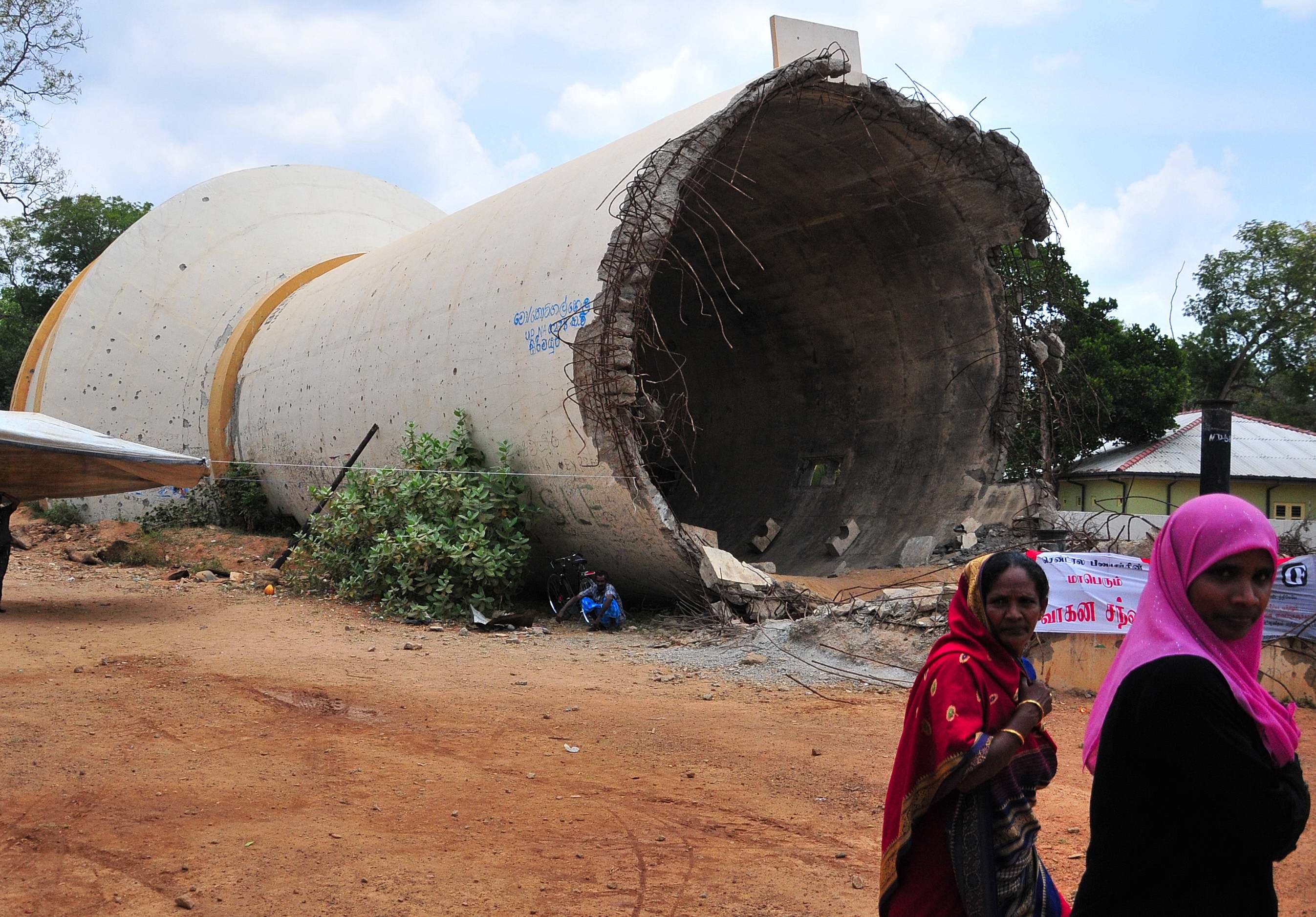Most of the estimated 448,000 people displaced before or during 2008 by fighting between government forces and rebels wanting an independent Tamil state have returned to the Northern Province, according to the latest figures from the UN Office for the Coordination of Humanitarian Affairs (OCHA).
Some 13,000 are still living in temporary camps - mostly from areas infested with land mines, which may take a decade or more to clear due to lack of funding.
Nevertheless, the worst seems to be over. “It is hard to believe it has been three years, life has changed so much. During the war, our sole focus was how we were going to survive the next day or the next hour,” said Nishanthan, an orphan in the town of Kilinochchi, which was once an LTTE base.
Nishanthan, who goes by one name - a common practice in parts of the island - grew up in a foster-care home and was forced to postpone his university entrance exam in August 2009 by heavy fighting. At the age of 19 he fled to his home village, returning to Kilinochchi in 2010 where he has since resumed his studies.
“Things have improved, but there is still a lot more to do,” said Saroja Sivachandran, director of the Centre for Women's Development (CWD), an NGO in the northern district of Jaffna.
Unemployment
There are no official unemployment figures for the region but experts say joblessness, especially among returnees, is likely to be widespread because work is scarce.
Anushka Wijesingha, an economist at the Institute of Policy Studies of Sri Lanka, a national think-tank, told IRIN there were two factors hampering job creation in the north: lack of capital investment and residents' inadequate skills. As a result, whatever jobs have been created are often filled by more qualified southerners.
An estimated 40,000 war widows are particularly hard hit and need more targeted programmes, Sivachandran said.
Despite pockets of positive news in the north, like the booming district of Vavuniya and the fledgling cottage industries launched by returnees with government grants, the overall needs are still “overwhelming”, Sivachandran noted.
While Vavuniya District has an average household income comparable to more developed districts untouched by war, such as Colombo, where the capital is located, Vavuniya’s boom may be fuelled by post-conflict reconstruction, said Muttukrishna Sarvananthan at the Point Pedro Institute of Development in Jaffna.
But such affluence escapes the tens of thousands waiting for permanent shelter. As of early March, less than 17,000 of the more than 100,000 homes required were under construction, OCHA said.
The Indian government has pledged to build over 40,000 houses, with construction expected to begin by mid-2012, according to diplomats.
ap/pt/he
This article was produced by IRIN News while it was part of the United Nations Office for the Coordination of Humanitarian Affairs. Please send queries on copyright or liability to the UN. For more information: https://shop.un.org/rights-permissions




